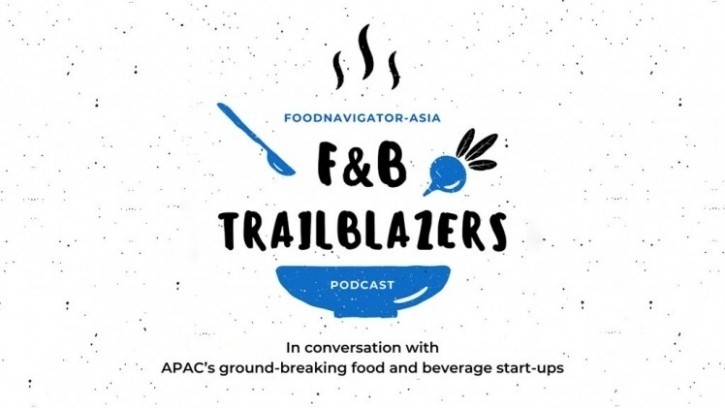FNA FOOD & BEVERAGE TRAILBLAZERS EP 48
Flexitarian fix: Why focusing on vegans won’t drive APAC’s plant-based growth

The APAC plant-based industry experienced a major boom right before and during the COVID-19 pandemic due to its novelty and rising health awareness.
But as of late there can be no doubt that the speed of this growth has slowed.
Many reasons have been suggested for this including consumer fatigue and overly high prices – but according to plant-based cheese brand HerbYvore, one key challenge that industry still hasn’t overcome is adequately identifying what consumers really want.
“The challenge here really is whether we are understanding what consumers want from a plant-based perspective and what their motivations really are for them to make any sort of change to their diets,” HerbYvore Head of Marketing and Business Development Lena Tan told FoodNavigator-Asia in the latest edition of the Food and Beverage Trailblazers podcast.
“It isn’t that there isn’t a market here for plant-based as we feel there definitely is, but if you look at the growth of vegan consumers versus the growth of flexitarian consumers, it is clear that there is much stronger growth in the flexitarian group where consumers are generally receptive to taking a larger proportion of plant-based foods as part of their diets compared to before.
“So there is a group that is receptive, but at the same time we need to get their motivations right, and we have seen from [past survey data] that the main driver here is health, with almost 50% indicating this as the main reason or driver to consider plant-based.
“We also cannot ignore concerns that consumers have about safety, especially with platforms such as Netflix serving to raise awareness about things such as the meat and dairy we are eating, which has probably helped to to propel people over.
“So I think that collectively as an industry, if we want to be successful in plant-based, more and more of us have to ensure that our products will bring some form of healthy element, whether it be like better nutrients, free from certain artificial additives and so on [as this is what is needed] to appeal to consumers here.”
She also stressed that more can also be done in terms of the marketing aspect related to health and food safety.
“One of the major concerns consumers have brought up regarding plant-based products is the level of processing, saying that they would rather go back to eat ‘the real thing’ – but there are also many misconceptions related to this,” she added.
“The unfortunate thing is, if you eat a beef patty today, the ingredient list says just ‘beef’ when in reality there's hormones and antibiotics that's consumed by the cows but are just not part of the ingredient list, so it just looks very short ingredient list.
“The same happens in plant-based dairy where for example when we produce a cheese, we have to state every ingredient that goes into making this - but conventional cheesemakers only need to write ‘cow's milk’ although in reality there is a lot more going into the cow’s milk via what the cow itself – so how do we justify that?
“I would say there's a fine balance between fear-mongering and being aware – but I think being aware is a good start.”
Listen to the podcast above to find out more.











